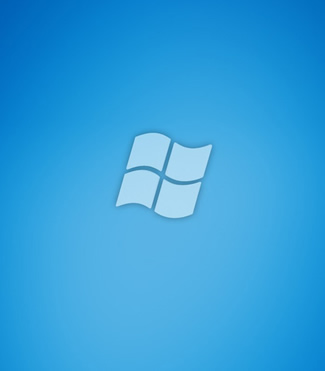Tired of using the same operating system for years? Microsoft certainly hopes so. The Redmond-based software maker is hoping "Windows Blue" will change how consumers perceive Windows by introducing frequent, periodic upgrades (e.g. annual releases), akin to Apple's aggressive Mac OS X release schedule.
Perhaps most surprisingly though – and get your salt shakers ready – rumor has it that Windows Blue is poised for a summer 2013 launch. It's not necessarily known if Blue will be a stand-alone Windows release, a service pack or simply Microsoft's latest Windows platform strategy, but one thing's for sure: the company hopes to lure users into rapid-fire Windows releases.
While annual Windows upgrades are likely to offend some customers, Microsoft is aiming to provide some incentive. First, new releases will be greatly discounted or possibly even free – presumably a feat made possible by revenue generated by the Windows Store. It's fair to say that if the price is right (i.e. free) and the changes between versions subtle, Microsoft may actually be able to make this transition without consumers rioting in the streets.
However, the second incentive could be slightly more devious: planned obsolescence. When Windows Blue hits, Microsoft is expected to introduce a new Windows SDK and stop accepting apps created specifically for Windows 8. That's according to The Verge. With so much emphasis on the Windows Store, Microsoft could wield rapidly-changing platforms as a weapon, influencing users to upgrade or lose access to the latest apps.
A plan like this could be utilized to force users into yearly Windows upgrades in perpetuity, but we'll have to wait and see. I suspect Microsoft will stick its Windows lifecycle policy which promises users around 5 years of mainstream support – I believe the "spirit" of this policy extends to compatibility with the Windows Store too. Incidentally, the company recently committed to over four years of mainstream hardware and software support for Surface RT – a tablet which runs Windows 8 RT.
Speaking of SDKs, with the introduction of Windows Blue, the Windows SDK will be "standardized". There is some speculation that this could be the Windows singularity: the point which Windows 8 and Windows 8 Phone begin to merge. Windows 8 and WP8 both share the same kernel, after all.
